To make the DIY sector fit for multichannel retailing, an initiative is being launched under the auspices of GS1 Germany. DIY store operators Obi and Toom are starting with their pilot partner Gardena and a large number of other suppliers. From 1 September 2015 the companies want to exchange product information in future in a standardised manner via the data pool of 1Worldsync.
Other retail partners intend to follow suit after a test phase, and the integration of Dutch and Belgian DIY store operators may even take place this year. The aim is to introduce the standard across Europe. According to the initiators, a suitable master data profile for Europe has been agreed that is a 98 per cent match for the German profile.
The GDSN is also capable of transmitting data in real time to high street retailers and online shops. GDSN lists around 230 attributes in all for the sector; there are around 450 in the FMCG sphere. Complex products such as lawnmowers must be described using up to 50 attributes, for example.
The agreement was driven by the rapid development of e-commerce and the demands made on retailers and manufacturers by multichannel retailing. For years product data has been exchanged between retailers and manufacturers using Excel bilateral. What previously marked out companies from their competitors is now a hindrance in the online age, however, resulting in too many resources, inconsistent product information and supply errors. Data is often unsuitable for online shops also, meaning a duplication of effort for retailers.
Around 80 per cent of all DIY and garden products should ultimately be included in a standardised master data pool.

 Menü
Menü







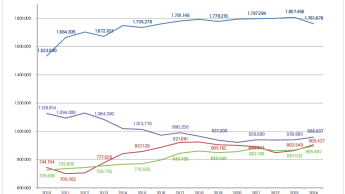
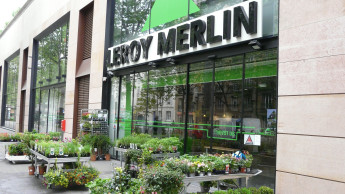




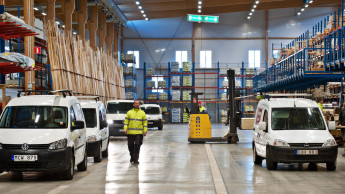
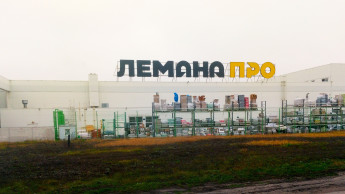
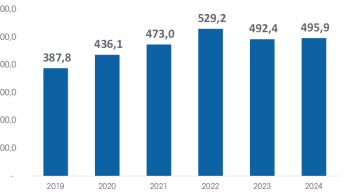
 Newsletter
Newsletter